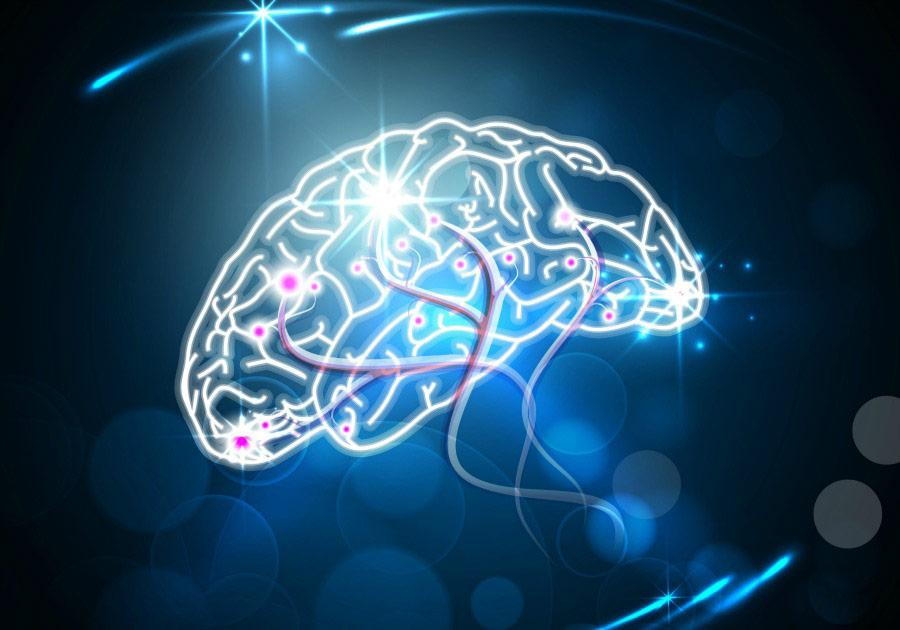
How Can a Functional Neurologist Help in Brain Injury Treatment?
If you’ve been diagnosed with a brain injury, you probably have questions about what treatment is right for you. Traditionally, a medical neurologist might recommend rest, medications and a gradual return to activity.
Functional neurologists look at brain function differently. They are trained to identify subtle dysfunctions in the nervous system before they become pathological. They correct these dysfunctions to maximize healing and improve health.
Symptoms
Many people who suffer a brain injury experience symptoms within days or weeks of the original trauma. These may include headaches, dizziness (vertigo), nausea, vomiting, fatigue, or sleep problems. Some people may develop a seizure disorder after a brain injury. This usually starts soon after the injury but can occur as late as four years later. A brain injury may cause swelling of the brain tissue called cerebral edema, which causes the pressure inside the skull to increase (intracranial pressure). This increased pressure can damage the brain stem, which controls levels of consciousness and vital body functions. A head injury can also lead to a stroke or blood clots in the brain. These are serious complications that can cause permanent disability or death.
Treatment
Functional neurologists are trained to evaluate the nervous system’s intricate function based on each patient’s unique neurological characteristics. They apply clinical applications to rehabilitating brain injury patients based on this individuality. Functional neurologists like those in The Hartman Center can offer treatment options from dietary changes to chiropractic manipulation. Their approach to treating the brain is based on neuroplasticity theories that explain how the human nervous system can change and become malleable through cognitive, sensory, motor or emotional experiences.
The main goal of functional neurologists is to determine where the failure in the nervous system or body lies so they can find the right stimulation to activate that area. They then work to eliminate possible negative effects on neurons by eliminating toxins, infectious agents and immune responses. Functional neurologists can help people with mild and severe traumatic brain injuries. These treatments focus on reducing pressure inside the skull and getting blood vessels to pump oxygen and other nutrients to the brain cells.
Diagnosis
A functional neurologist will assess the patient’s condition, history and symptoms to make an accurate diagnosis and recommend treatments. Traumatic brain injury (TBI) occurs when an external force damages the brain. It can occur from falls, vehicle crashes, sporting events and assaults — including domestic or gang violence. TBI can affect cognitive functions, including memory, thinking and learning. It also may impact the senses and cause emotional and behavioral problems. The symptoms of TBI can range from mild to severe. Doctors can determine a person’s TBI severity using tests and measurements, such as how long unconsciousness lasts and whether there are any changes on a head CT or brain MRI scan.
Recovery
The recovery process after a brain injury can be long and complex. Although most people who suffer a traumatic brain injury recover within a few weeks, some patients continue to have symptoms months or even years after their injuries. One way to accelerate recovery is by treating with a functional neurology professional. These doctors can help you improve your physical, cognitive, and emotional symptoms after a head injury. The treatment plan will be tailored to your unique nervous system. Using neurologic techniques, these physicians can stimulate and inhibit specific brain areas from enhancing the healing process.

[…] are numerous concussion and brain injury therapies available. Treatments can include rest, medicine, and a gradual return to […]